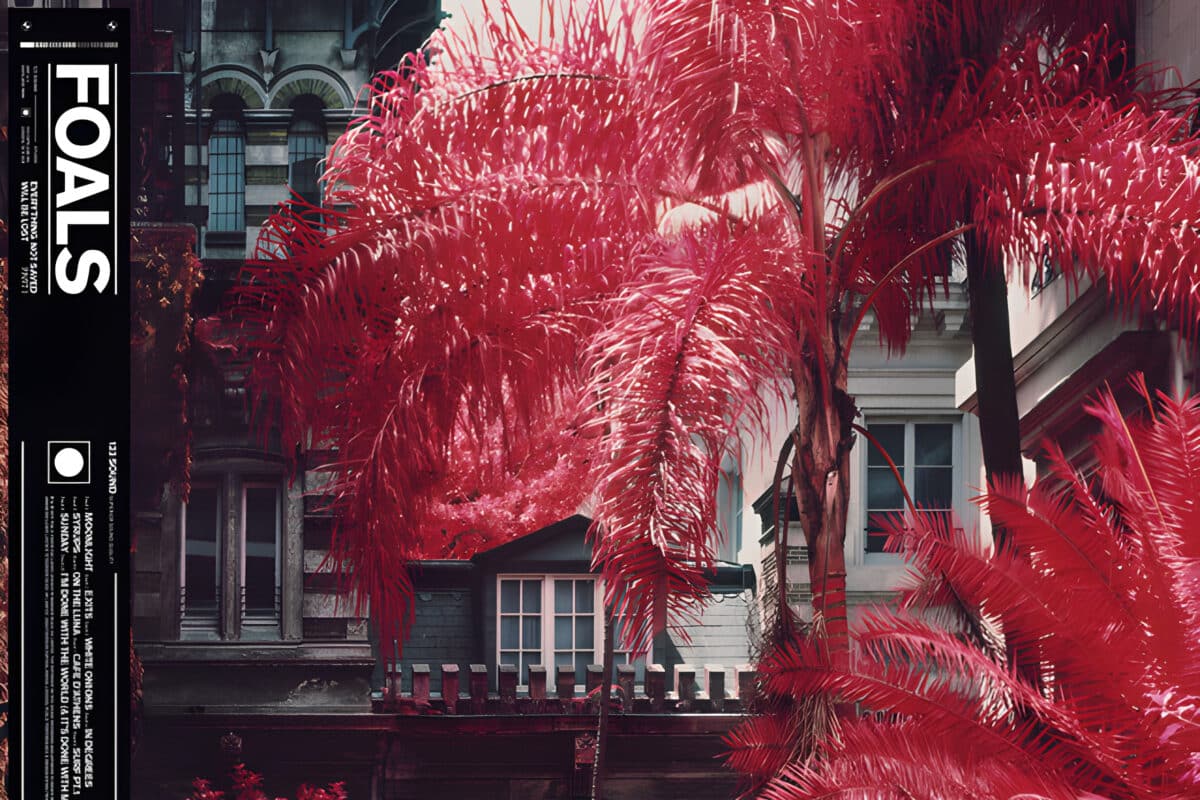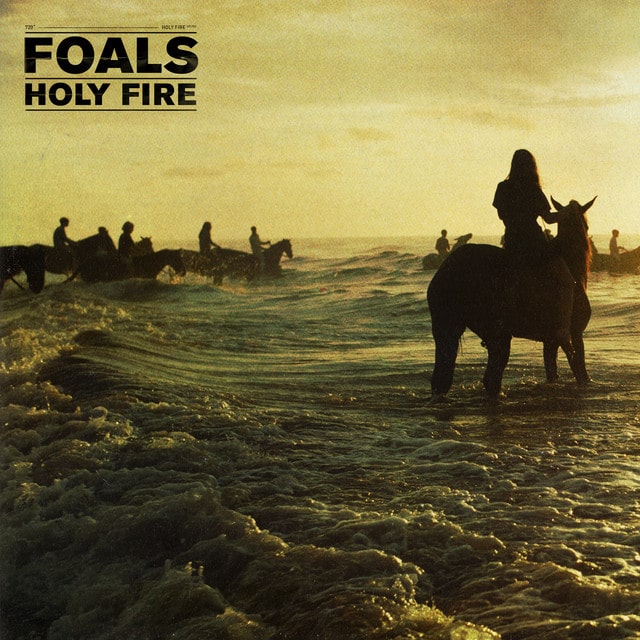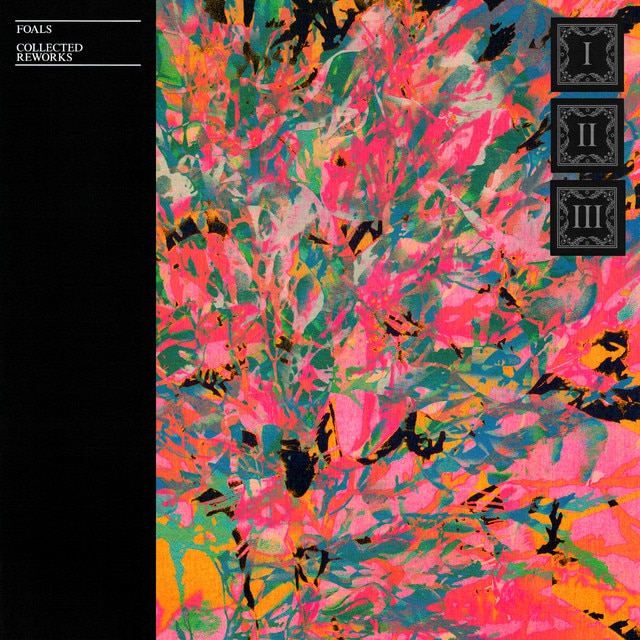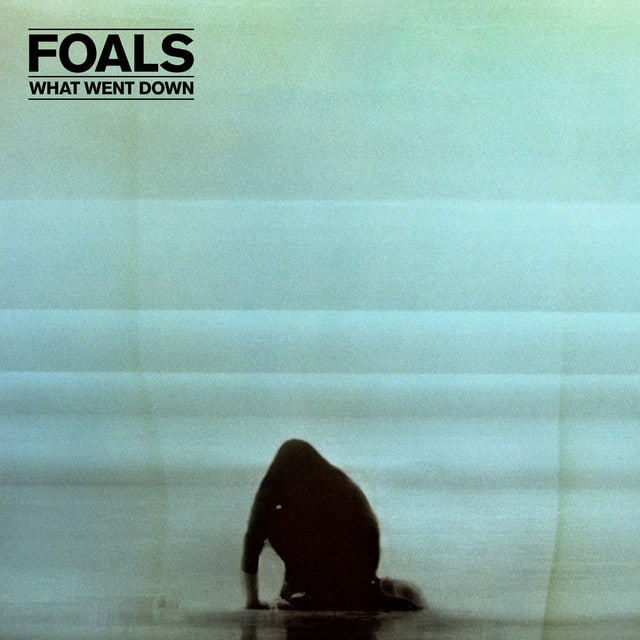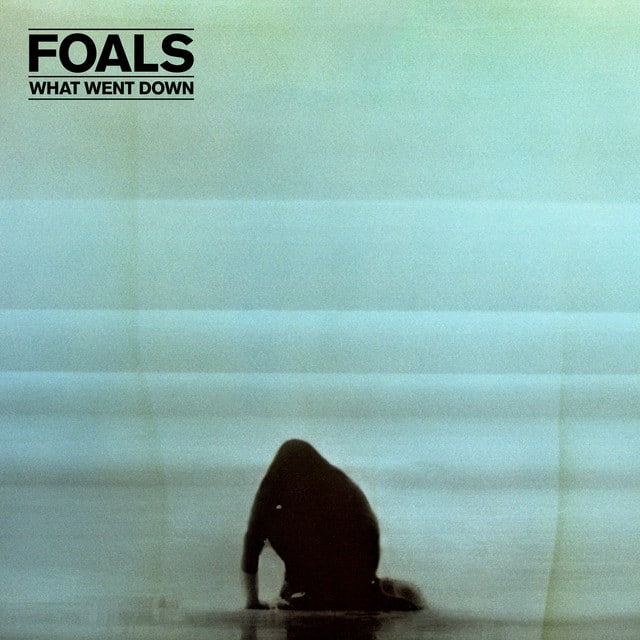Released: 2019
Let’s dive deep into “Exits” by Foals, a track that’s as mesmerizing in its lyrical depth as it is in its sonic landscape. At face value, this song paints a dystopian picture where the natural order is flipped upside down, capturing a sense of environmental and societal upheaval. Yet, beneath the surface, there’s a poignant exploration of escape, the desire for freedom, and the longing to reconnect in a fragmented world.
The song kicks off with a striking image: “Now the sea eats the sky / But they say it’s a lie.” From the get-go, Foals are challenging our perception of reality, suggesting a world where natural laws are inverted, creating a sense of disarray. The absence of birds implies a loss of freedom or an inability to escape one’s circumstances. “We’ll hide out” suggests seeking refuge from this chaos, possibly hinting at a deeper desire to retreat from overwhelming challenges or threats.
As we move through the verses, the motif of an “upside-down” world recurs, symbolizing a broader societal disorientation. When they speak of “Houses underground” and “The flowers upside down,” there’s an echo of environmental catastrophe, but it’s also metaphorical, reflecting personal, internal turmoil. This setting in our dreams introduces a surreal, almost escapist quality to the narrative, suggesting that dreams offer a sanctuary from the external chaos.
The chorus, with its apologetic tone, introduces a personal dimension to the dystopia: “I said I’m so sorry / To have kept you waiting around.” It’s a lament for missed connections and lost opportunities, likely exacerbated by the chaotic state of the world. The line “They got exits covered / All the exits underground” cleverly plays on the dual meaning of “exits” as both physical escape routes and metaphorical ways out of emotional or existential predicaments, suggesting a feeling of being trapped.
Foals then delve deeper into a collective subconscious with “In the islands of the mind / The places they can’t find.” It suggests a yearning for mental refuge, a place untouched by the outer turmoil. The recurring imagery of surveillance (“‘Cause they watch us in sleep”) hints at a loss of privacy and autonomy, reinforcing the theme of entrapment and the desire to escape into one’s dreams.
The latter part of the song nostalgically references “Back to the days of yore, when we were sure of a good long summer,” evoking a longing for simpler times. This yearning for the past ties into the song’s larger themes of dislocation and the search for meaning in a topsy-turvy world. The mention of sharing “all of our dreams into the screen but not with each other” speaks volumes about modern disconnect and the paradox of being more connected yet more isolated than ever.
In sum, “Exits” by Foals isn’t just a dirge for a world turned upside down; it’s a deep dive into the human psyche, exploring our responses to crisis, our innate desire for connection, and the quest for personal sanctuaries amidst chaos. Through this hauntingly beautiful track, Foals encapsulate the essence of modern existential dread, wrapped in the trappings of a collapsing ecosystem, all while yearning for a return to a more connected, less convoluted existence.
